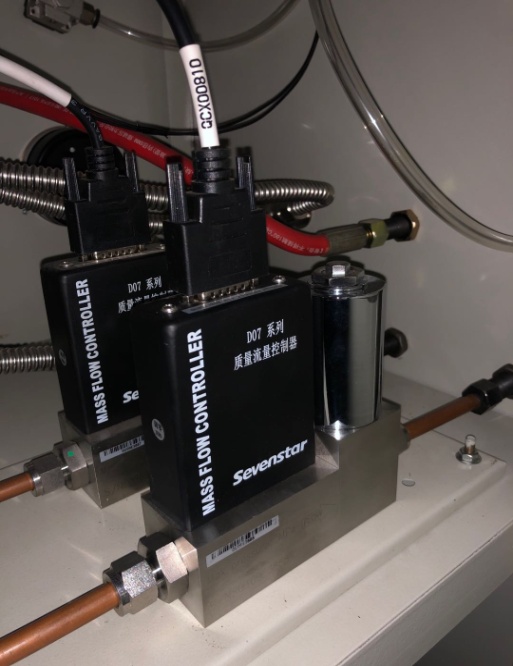Resistance Measurement Device for Accurate Testing and Evaluation of Electronic Components
Understanding Resistance Testers A Essential Tool for Electrical Safety
In the realm of electrical engineering and maintenance, one critical device stands out the resistance tester. This instrument is pivotal in assessing the integrity and safety of electrical systems, ensuring that they operate efficiently and remain safe for users. Whether in industrial settings, construction sites, or residential applications, understanding how resistance testers work can significantly impact the safety and performance of electrical installations.
At its core, a resistance tester measures the electrical resistance of circuits and components. It operates on the principle that materials exhibit varying degrees of resistance to the flow of electric current. By applying a known voltage and measuring the resulting current, the tester calculates resistance using Ohm's Law (R = V/I). This vital information allows electricians and technicians to identify potential problems such as shorts, broken circuits, or faulty components.
Resistance testers come in various forms, ranging from simple handheld devices to more sophisticated bench-mounted models. Portable testers are particularly popular among field technicians due to their ease of use and versatility. These devices often feature digital displays, allowing for quick readings and easy interpretation of results. Advanced models may also include data logging capabilities, enabling users to store and analyze measurements over time.
resistance tester

One of the most critical applications of resistance testers is in the testing of insulation resistance in electrical equipment. Insulation failure can lead to severe electrical hazards, including short circuits, equipment damage, or even fire. By measuring the insulation resistance of wires, cables, and other components, technicians can determine whether they meet safety standards and identify areas that may require repair or replacement.
In addition to insulation testing, resistance testers are widely used to verify grounding systems. Proper grounding is essential for electrical safety, as it helps to prevent electric shock and equipment damage during faults. By testing the resistance of ground connections, users can ensure that grounding systems are adequately designed and maintained, reducing the risk of accidents.
While resistance testers are invaluable tools, it is essential to use them correctly to achieve accurate results and maintain safety. Technicians should always follow manufacturer guidelines and safety protocols when performing tests. Additionally, conducting regular calibrations and maintenance on testers themselves is crucial to ensure their reliability.
In conclusion, resistance testers are indispensable in the maintenance and assessment of electrical systems. Their ability to measure resistance across various components enhances safety and performance, helping to prevent accidents and prolong equipment life. For anyone involved in electrical work, investing in a quality resistance tester and understanding its applications is not just advisable; it's essential for ensuring a safe and efficient electrical environment.
-
reliable-performance-testing-with-advanced-aging-chamber-solutions
NewsAug.23,2025
-
advancing-precision-with-profile-projector-technology
NewsAug.23,2025
-
uv-led-ultraviolet-crosslinking-technology-innovation-and-prospects
NewsAug.23,2025
-
ensuring-safety-and-compliance
NewsAug.23,2025
-
electrical-properties-testing-in-modern-applications
NewsAug.23,2025
-
universal-tensile-testing-machine-applications-in-modern-electrical-and-material-testing
NewsAug.23,2025
 Copyright © 2025 Hebei Fangyuan Instrument & Equipment Co.,Ltd. All Rights Reserved. Sitemap | Privacy Policy
Copyright © 2025 Hebei Fangyuan Instrument & Equipment Co.,Ltd. All Rights Reserved. Sitemap | Privacy Policy

